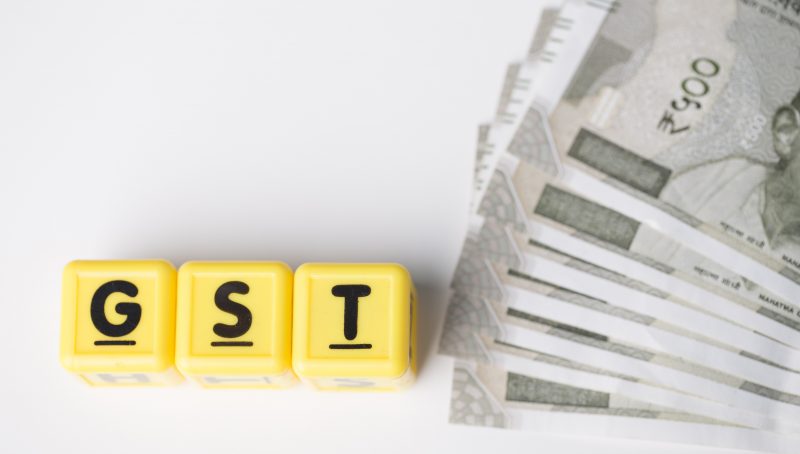The government panel recently discussed on how to intensify enforcement activities against Goods and Service Tax (GST) defaulters. The panel will focus mainly on the transition phase to GST which is India’s biggest indirect taxation regime from the erstwhile regime. The panel will also use fraud detection software to identify the defaulters.
Mr Ajay Bhushan Pandey, Revenue Secretary will be present in the meeting of 12 member panel comprising central and state government officials. The panel will check into the abuse of the government lenient approach during the implementation of GST.
As the panel will have access to a large amount of data relating to the past two years on taxpayers compliance and revenues, the data analytics will be used. Actions will be taken against entities that have been flagged by the software. The panel will explore ways to raise revenue collections and widen the tax base without any increase in tax rates. This panel will submit its report within 15 days.
Also Read: GSTN to Release a New Interface for Filing Returns This Month
GST authorities have started comparing the figures reported by taxpayers to income tax authorities for mismatches. The steps will be taken to check the wrongful claims of the input tax credit (ITC), which is the most common way of fraud.
The CBIC recently issued a notification regarding restriction on claiming provisional ITC, where a taxpayer can not avail more than 20% of tax credit available in GSTR-2A on provisional basis. This step has been taken by the government to curb the actions of unscrupulous persons who are utilizing the provisional ITC fraudulently in the guise of genuine ITC.
The GST collections for the month of September 2019 stood at Rs. 91,916 crores. There is a decline of 2.67% when compared to the September 2018 collection. This is the first time in this year where revenue collection falls below the year-ago levels.
The implementation of the new GST return system from April 2020 and the e-invoice system from January 2020 will enhance revenue collection by keeping a check on tax evasion. The Union government taking continuous effort to curb the tax evasions and make more revenue efficient as it is obligated by law to compensate states for their revenue shortfalls irrespective of meeting revenue targets.
For any clarifications/feedback on the topic, please contact the writer at dvsr.anjaneyulu@cleartax.in
DVSR Anjaneyulu known as AJ, is a Chartered Accountant by profession. Loves to listening to music & spending time with family and friends.





